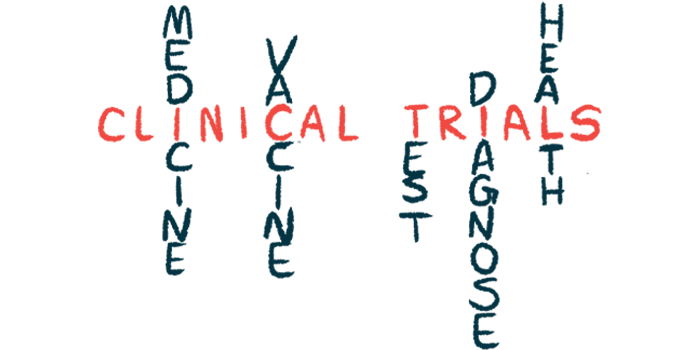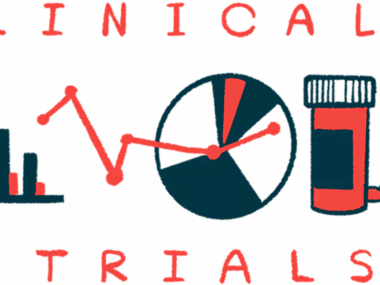Phase 2 trial to test oral DGX-001 in patients with cognitive problems
Phase 1 trial in healthy volunteers shows oral therapy worked as expected
Written by |

DGX-001, an experimental oral therapy that Viage Therapeutics is developing to treat cognitive problems associated with Parkinson’s disease, appears to work as expected in people, based on data from a Phase 1 study that tested it in healthy volunteers.
Results also suggested that the therapy had a positive safety profile. Viage is now planning to launch a Phase 2 trial that will test DGX-001 in people with mild cognitive impairment due to Parkinson’s or Alzheimer’s disease, with the goal of testing how the therapy affects cognition for people in different stages of neurological disease.
“Results from the Phase 1 study provide a compelling safety profile and support further exploration of the therapeutic potential of DGX-001 in cognitive disorders,” Titus Plattel, president of Viage, said in a company press release.
Viage plans to file investigational new drug application with FDA
“We are excited to make our first-in-class oral drug candidate available to patients as we initiate the Phase 2 clinical program and in parallel discuss steps to file an investigational new drug application with the FDA,” Plattel added. An investigational new drug application is a formal request to the U.S. Food and Drug Administration (FDA) asking permission to start clinical testing in the U.S.
While cognitive problems in Parkinson’s or Alzheimer’s are assumed to be mainly caused by problems in the brain, an emerging body of evidence suggests that abnormalities in the gut may also play a role. The gut and brain are intimately connected, since signals from the brain are needed to help regulate digestive processes like hunger, and signals from the gut can likewise affect the brain.
DGX-001 is designed to modulate the activity of the vagus nerve, which is the main nerve that connects the brain to the gut and other systems in the abdomen. By altering activity of this nerve, the therapy aims to help normalize activity in the brain, according to Viage.
A notable advantage of this approach is that DGX-001 is only active in the digestive system — it doesn’t get into the bloodstream or the brain, which is expected to help minimize safety issues, according to the company.
Study shows DGX-001 led to measurable changes in brain’s electrical activity
Viage conducted a Phase 1 trial that tested DGX-001 in 68 healthy volunteers. Participants were given single or multiple doses of the therapy, at various dose levels, or a placebo for comparison. Participants given the highest dose also participated in a sleep-deprivation task that’s designed to mimic the types of cognitive impairment commonly experienced by people with Parkinson’s or Alzheimer’s.
Results from the study showed that treatment with DGX-001 led to measurable changes in the brain’s electrical activity, as assessed by quantitative electroencephalography. Safety data from the study also show that DGX-001 is generally well-tolerated, according to Viage, which didn’t provide further specifics on these findings.
Overall, these results are consistent with preclinical data suggesting that DGX-001 may safely help to improve cognitive abilities in people with Parkinson’s or Alzheimer’s, Viage stated.




